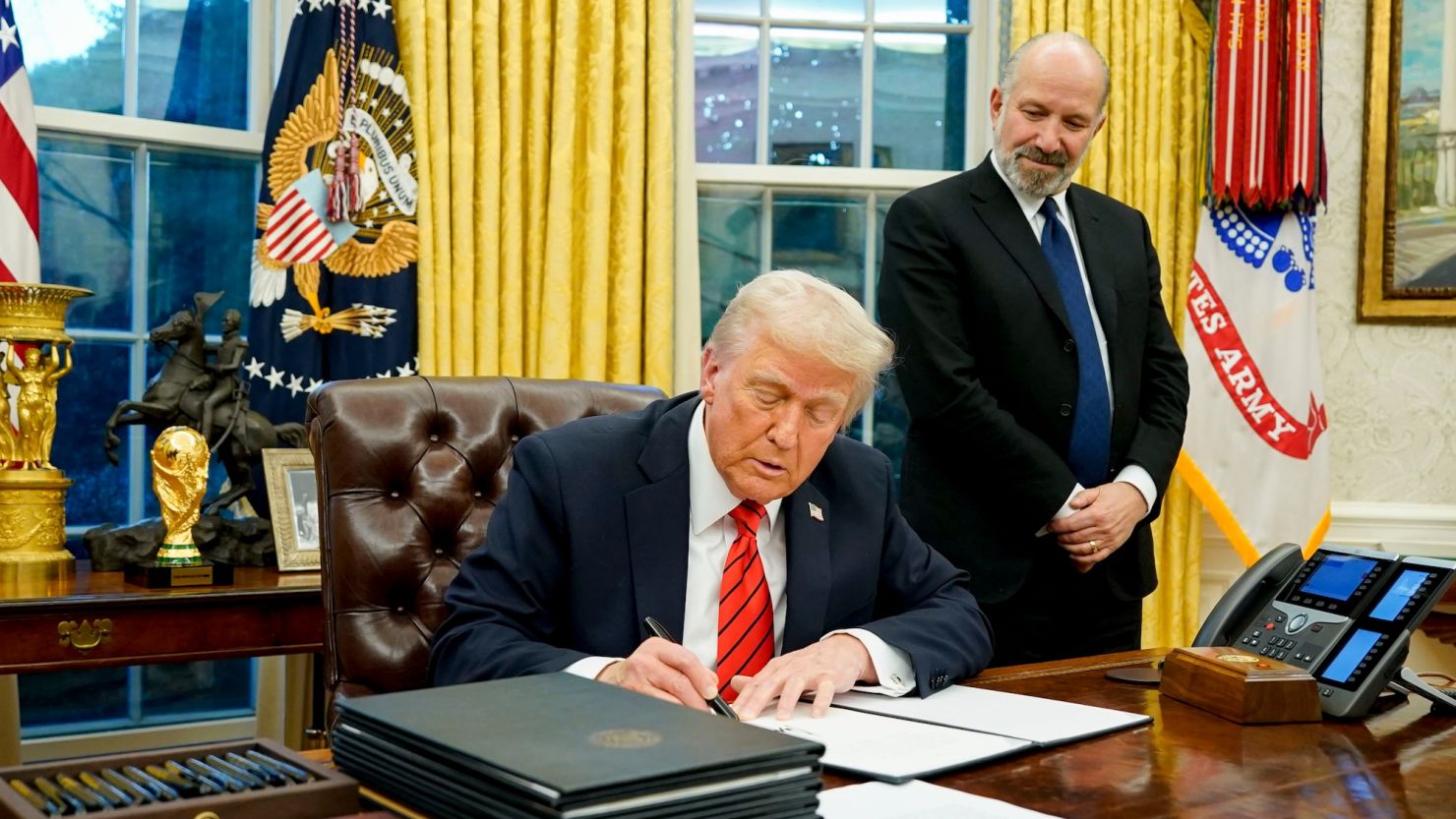Former U.S. President Donald Trump’s proposal to impose a 25% tariff on imported cars threatens to strain economic ties between the United States and Japan. The move, aimed at protecting American automakers, could have significant consequences for Japanese car manufacturers and the broader trade relationship between the two nations.
Japan, home to major automakers such as Toyota, Honda, and Nissan, exports millions of vehicles to the U.S. each year. A steep tariff increase could disrupt supply chains, raise prices for American consumers, and provoke retaliatory trade measures from Japan. Analysts warn that such a policy could lead to economic uncertainty and tensions between two long-standing allies.
Japanese officials have expressed concerns over the potential tariffs, emphasizing the importance of free trade and economic cooperation. They argue that Japanese car manufacturers contribute significantly to the U.S. economy through local production and job creation.
If implemented, the tariffs could reshape the global auto industry, affecting not just Japan but also other major car-exporting nations. The move could also spark trade disputes and diplomatic challenges between the two economic powers.



